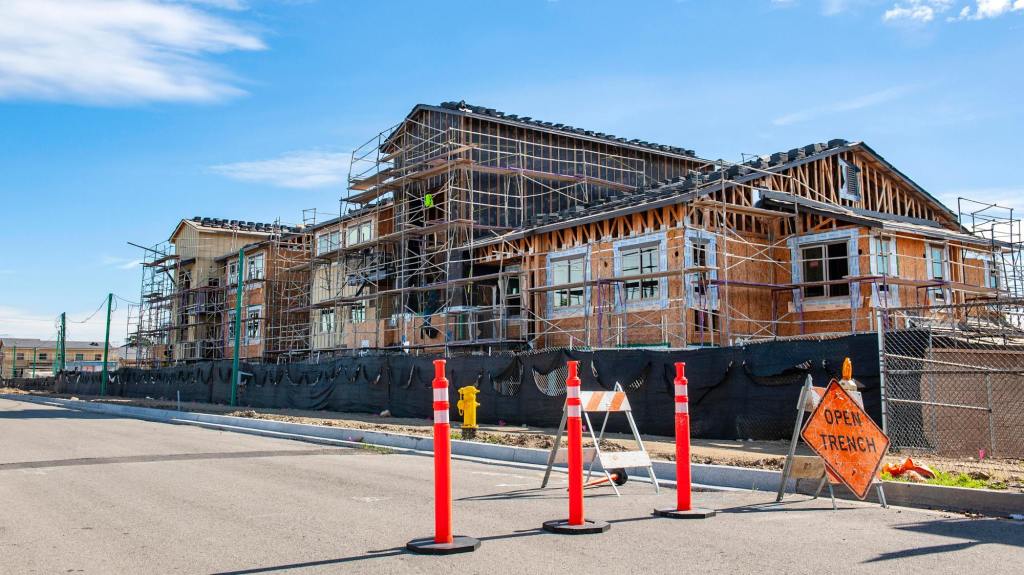
Anyone with $2,000 to burn can file an initiative with California’s secretary of state, but most measures never get off the ground given the costs of gathering signatures. But when we saw reports about the “Building an Affordable California Act,” we took notice. It’s sponsored by the California Chamber of Commerce, which doesn’t mess around.
This proposal — likely to be on the November 2026 ballot — promises to provide the long-overdue, widespread revamping of the “landmark” California Environmental Quality Act. Signed into law by Gov. Ronald Reagan, CEQA morphed into a bureaucratic nightmare that has restricted the construction of every type of project, from housing to parks to green energy facilities.
Intended to ensure that local officials consider environmental concerns when giving their discretionary approval, CEQA has instead added costs by requiring voluminous Environmental Impact Reports. It also allows any “stakeholder” to file suit. Unions in particular will file CEQA lawsuits (or threaten to do so) to exact wage concessions. Local NIMBYs (Not In My Back Yarders) will file suit just to stop projects they don’t like. This has inflated the cost of projects and reduced the supply of housing.
California’s progressives had for years largely shrugged at these results, but then they noticed that CEQA hampered the construction of their preferred projects, especially affordable-housing projects. As the state’s housing crisis spiraled out of control, Democratic leaders began passing a variety of bills that addressed CEQA. Although many of these bills were good ones, they all simply created carve outs and streamlining for specific categories of projects that lawmakers preferred.
Gov. Gavin Newsom this year surprised lawmakers by holding up the budget until he secured a broader CEQA-reform bill, but it still epitomized what many CEQA observers call the “Swiss cheese” approach to reforming the environmental law. This Editorial Board has supported most of these bills, but we have also repeatedly called for a comprehensive reform of the measure that applies to everything within its scope — and not only in a haphazard manner.
We’ll be doing a deeper analysis of the Chamber’s effort as the signature gathering and campaign takes place, but this appears to be more comprehensive than anything that’s come before it. “Rather than provide piecemeal exemptions, it would establish reasonable timelines for local and state agencies to review plans and solicit public comment. Timelines would also be established for any necessary judicial review,” according to a Chamber of Commerce statement.
By adding firm timelines and tightening up legal review, the initiative hopes to speed up approvals and reduce litigation, or at least for self-described “essential” projects. In fact, that word sparked our only concern. In our view, building every type of housing is essential. It shouldn’t be left to the government to pick and choose the essential from the non-essential. However, the initiative’s definitions are so broad — including residential-only projects — that this shouldn’t be an impediment.
We’re already hearing from CEQA supporters who claim that Californians should wait to see how Newsom’s latest reform is working before trying anything else. We disagree. In politics, one needs to strike when the iron is hot. California has needed comprehensive reform for a long time and it’s become a hot-button issue, so we’re glad to see the Chamber propose a serious reform measure.



